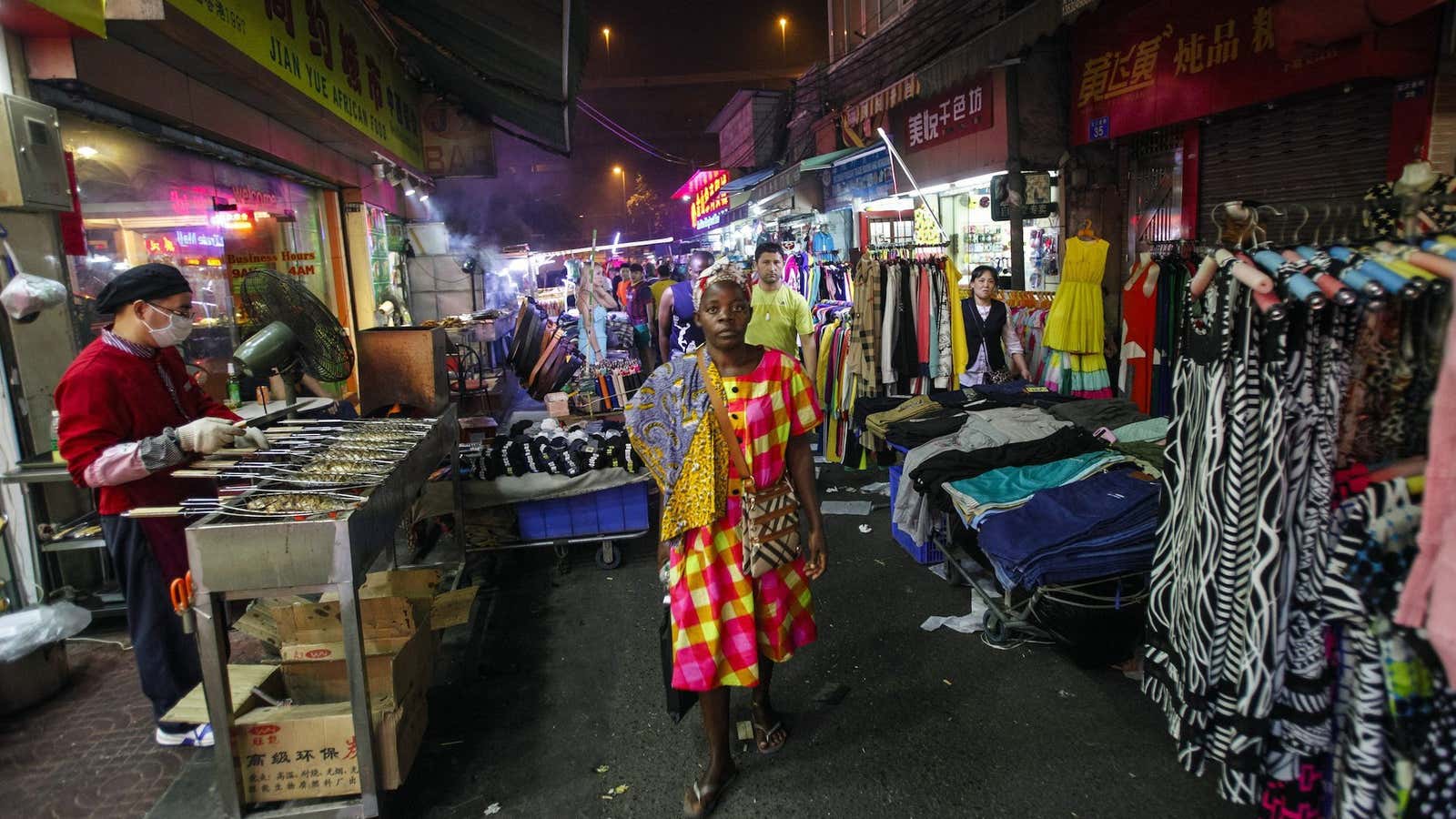In Lesotho, the Chinese don’t have the best image. Chinese traders that have moved to the tiny south African country for economic opportunities are accused of stealing jobs, businesses, and even wives.
Communication is difficult, with Chinese traders learning only basic Sesotho, the local language. Conversations between Chinese shop owners and their customers are frequently crude, featuring a lot of swearing, according to Carl Houston McMillan, a South African filmmaker who grew up in Lesotho.
McMillan recently released a short film, called Laisuotuo, Mandarin for Lesotho, that he hopes will help bridge that language divide.
“In a rural village setting there is a strong sense of ubuntu, a term [whose message] is that we don’t live alone in this world, we become better because of others,” McMillan said. “So in a village setting where you attend funerals of neighbors and weddings and soccer matches and people know who you are and what you are going through…when a foreigner comes in he is a big question mark and when people don’t get answers they feel disconnected,” he said.
The film, shot in China and Lesotho, first follows an African doctor living in China. When he knocks on the door of an elderly Chinese man and his sick wife, the husband slams the door on him. A passerby assumes the doctor is a drug dealer. In Lesotho, a young Chinese man who owns a shop is bullied by his neighbors and local officials. In both cases, interaction and circumstance help the characters overcome prejudice.
While Lesotho is not one of the usual centers where Chinese in Africa have collected—Chinese companies are not building roads and other major infrastructure in Lesotho like they are in Kenya or the Democratic Republic of Congo—the presence of Chinese traders and entrepreneurs here is hard to miss. As many as 5,000 of the 7,000 foreigners believed to be in the country are Chinese.
China’s embassy in Lesotho is making an effort to improve its reputation through giving scholarships for students to study in China, donating rice to the drought-stricken country, and helping fund the country’s 50th independence day.
Film may provide a better venue for improving Chinese-African understanding. Chinese kung-fu films were one of the earliest East Asian exports to Africa. (Throughout McMillan’s film, the patrons of a bar in Lesotho request kung-fu films.) The Chinese embassy recently hosted a film festival where they screened The Grand Master, about the martial arts master Ip Man.
Chinese influences are starting to crop up in African films as well. Nigeria’s top filmmaker, Kunle Afolayan, featured three Chinese characters in his latest film, The CEO, released in July. The film’s premier was sponsored by a Shanghai appliance company with operations in Nigeria, Geli.
“People have a lot of questions. Who you are, where you’re from, what’s your story… and when you can’t get those answers, tensions arise and people make up their own stories,” McMillan told the China Africa Project podcast in an interview about his film. “I think media can help.”
